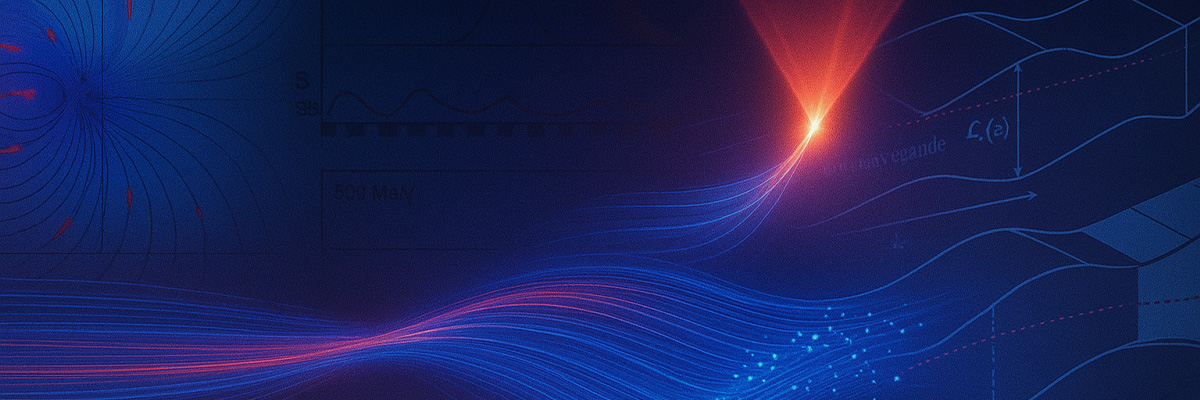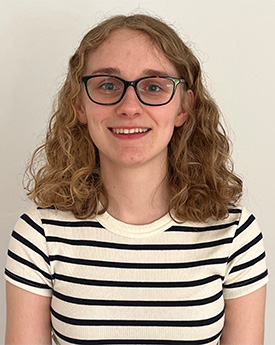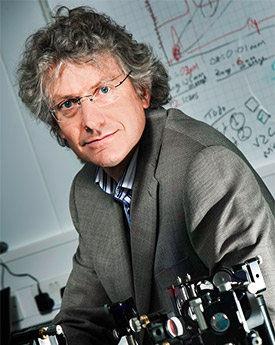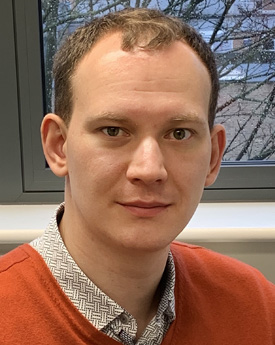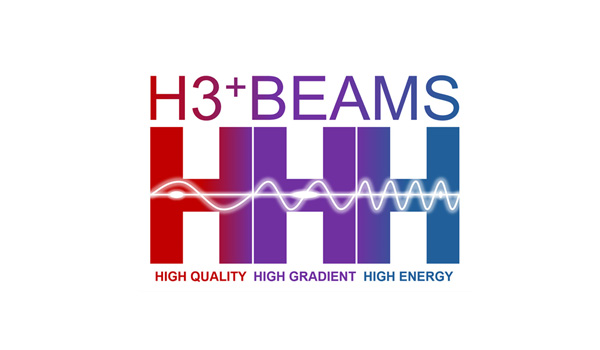Supervisor
Professor Steven Jamison
Description
There is immense interest in femtosecond-duration high-energy electron beams in both the condensed matter and high-energy particle physics scientific communities, for their application in exploring femtosecond processes in materials, and for future particle colliders.
Conventional Radio-frequency concepts that have been highly developed for well over 50 years are reaching fundamental limits in this quest. New laser-acceleration concepts are stepping into this challenge, with a number of routes to femtosecond-level electron beams with GeV electron energy undergoing intense international research.
At Lancaster University, and in collaboration with Cockcroft Institute and Manchester university, we are leading the way in a promising concept of direct laser driven acceleration. Our concepts involve the conversion of intense femtosecond laser pulses into phase-controlled terahertz (THz, or far-infrared) pulses. These picosecond pulses, potentially with fields strengths of GV/m, are converted into vector beam polarisation states to provide a longitudinal-polarised state of light (with electric field parallel to the direction of propagation); they are slowed to velocity match the electron beams in micro-manufactured structures where they directly acceleration co-travelling electron beams. Hybrid schemes where the THz-acceleration approach is merged with plasma accelerator stages are also being explored.
We wish to recruit a PhD student for combined theory/simulation and experimental research into non-linear optical processes for the generation of terahertz (THz) vector beams. On the theory and simulation side, you will examine second and third order optical nonlinear process, including coherent sum and difference frequency mixing and parametric amplification, to obtain efficient and high-energy wavelength conversation and temporal shaping. You will develop approaches for mode conversation and vector-beam generation for obtaining longitudinal polarised laser beams. On the experimental side you will put the modelled concepts into practice, obtaining high-energy THz pulses suitable for electron acceleration experiments. For this experimental aspect you will work with high-energy (10 mJ, kHz) femtosecond laser systems in our Lancaster university laser laboratories, and with our 100 mJ, 2 terawatt laser system in our radiation shielded laser- and electron-beam lab based at the Cockcroft Institute/Daresbury national laboratory.
The studentship is part of a larger programme in direct laser acceleration within the Cockcroft institute. You will work within a team of students and post-doctoral researchers from Lancaster Physics, Lancaster Engineering and University of Manchester Physics departments that are part of the THz Accelerator programme (www.thzag.uk). You will participate in the groups experiments in relativistic particle acceleration that will be undertaken periodically throughout the studentship at national and international particle accelerator research facilities.
Project context and supervision.
The project will be undertaken within the THz acceleration group ‘TAG’ collaboration, with principal supervisor Professor Steven Jamison (Lancaster Physics). Other academic investigators within the TAG group are Professor Graeme Burt (Lancaster Engineering), Dr Darren Graham, Professor Rob Appleby, Dr Morgan Hibberd (Manchester Physics). The new student will work alongside other CI students and PDRA’s within the Cockcroft THz acceleration collaboration, and will receive additional informal supervision through the collaboration.
Funding and eligibility: Upon acceptance of a student, this project will be funded by the Science and Technology Facilities Council for 3.5 years. This consists of a tax free stipend at UKRI rates, university fees at the home (UK) rate, plus support for travel to conferences and workshops. A full package of training and support will be provided by the Cockcroft Institute, and the student will take part in a vibrant accelerator research and education community of over 150 people.
To be considered for a funded studentship, please submit your application by 31st January 2026. For further information please contact Professor S Jamison
Key Publications
[1] M. Hibberd et al, & S.P. Jamison. Terahertz control of relativistic electron beams for femtosecond bunching and laser-synchronized temporal locking. arXiv.2508.20685 (2025) (preprint)
[2] Dalton et al., & S.P. Jamison Cryogenically cooled periodically poled lithium niobate wafer stacks for multi-cycle terahertz pulses. Appl. Phys. Lett. 125, 141101 (2024)
[3] Dalton et al., & S.P. Jamison. Average-power scalability of multi-cycle terahertz sources based on periodically poled lithium niobate stacks. arXiv:2509.13060 (2025) (preprint)
[4] C.D.W Mosely et al. & S.P. Jamison. Large-area periodically-poled lithium niobate wafer stacks optimized for high-energy narrowband terahertz generation. Opt. Express. 31 4041 (2023)
[5] M. Hibberd et al, & S.P. Jamison. Acceleration of relativistic beams using laser-generated terahertz pulses Nature Photonics 14, 755 (2020) DOI: 10.1038/s41566-020-0674-1
[6] D. Walsh et al, & S.P. Jamison. Demonstration of sub-luminal propagation of single-cycle terahertz pulses for particle acceleration. Nature Commun. 8, 421 (2017) DOI: 10.1038/s41467-017-00490-y
Anticipated Start Date: October 2026 for 3.5 Years.


